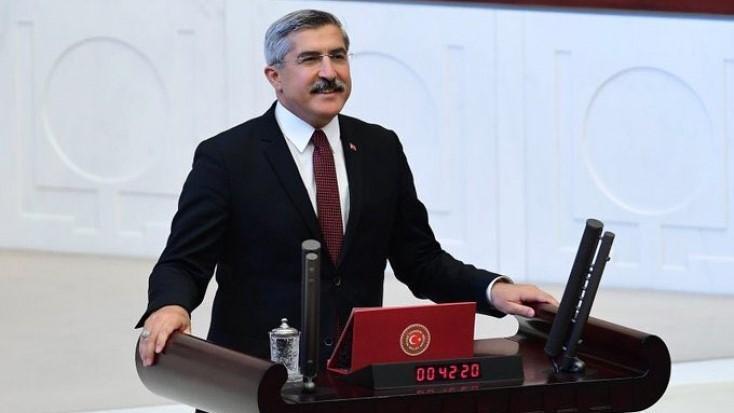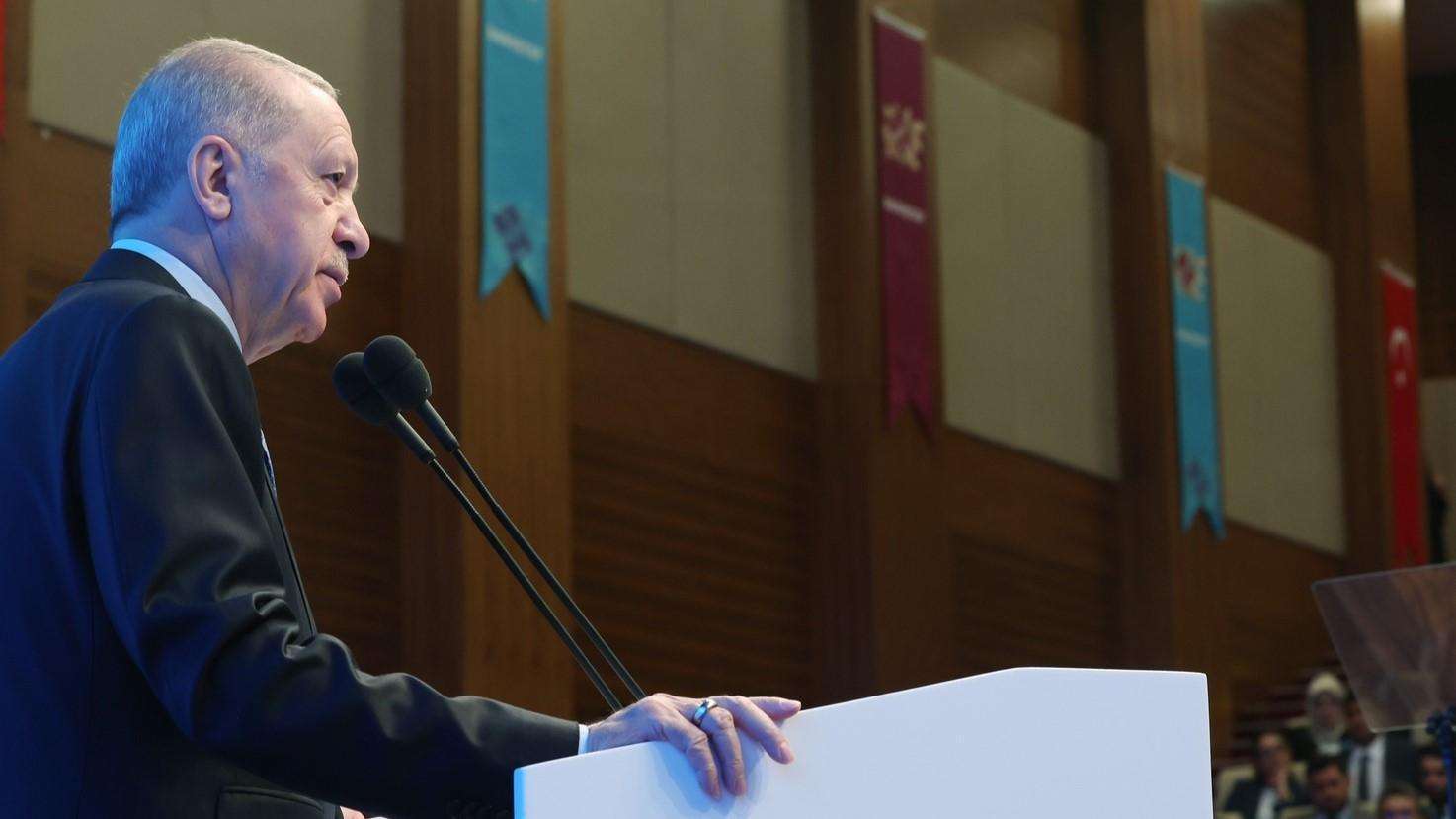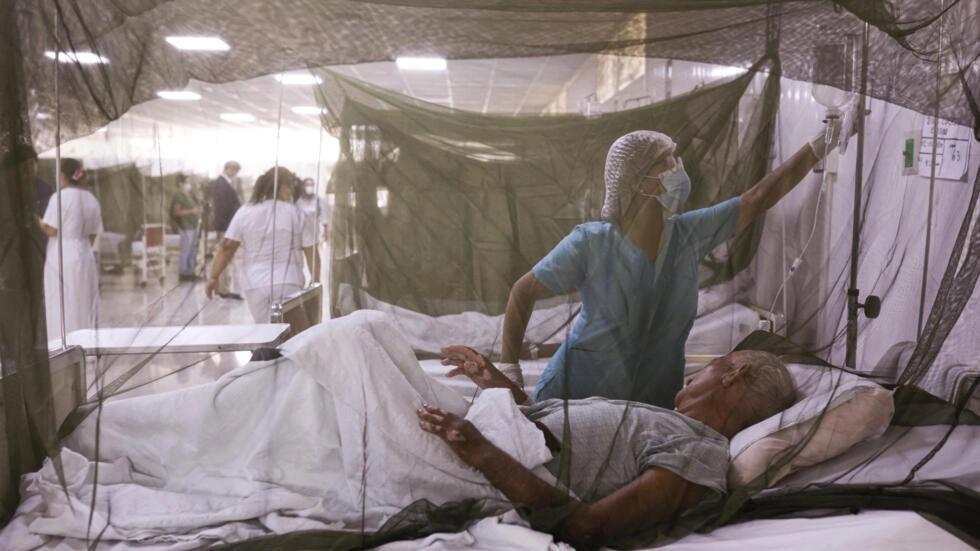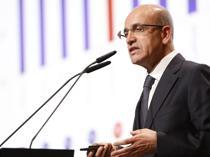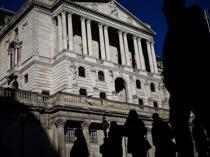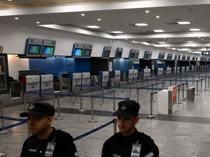Glimmers of economic growth hope peep through recession in France
PARIS - Agence France-Presse

The Bank of France’s 0.1 percent growth estimation for the French economy in the third quarter is in line with the French President François Hollande’s remarks that were confident about a recovery. REUTERS photo
A glimmer of hope that France may edge out of recession in the next three months came from the central bank on Aug. 7, the day after President Francois Hollande repeated that recovery was on the way.The Bank of France said in a first estimate that the economy, which is stumbling along just below the line between recession and expansion, was set to edge into growth of 0.1 percent in the third quarter of the year.
The overall picture for France is mixed but appears to be trailing the trend in the eurozone and Britain. The latest forecast, coupled with some other recent signs, is broadly in line with data showing that the eurozone is emerging from recession.
But some commentators, pointing to record high unemployment, scoffed when Hollande said on July 14 that for France the recovery “is here”.
And on Aug. 5, the International Monetary Fund said that France was heading to end the year in a recession of 0.2 percent, struggling in to growth of 0.8 percent next year.
However, the government is still forecasting that this year the economy will grow by 0.1 percent, even though the statistics agency INSEE predicts a 0.1 percent contraction.
Earlier this week, a leading indicator showed that shrinkage of business activity was now running at the slowest pace for 17 months. “There is something happening,” Hollande said Tuesday.
But France is struggling on several fronts, notably to reduce its public deficit and debt, and to raise the competitive position of industry in a drive to reduce a big structural trade deficit. A trade deficit is a drag on growth in an economy while a surplus boosts output.
France has made a commitment to the European Union to reduce its public deficit to within the ceiling of 3.0 percent of output, but was heading to miss that target for this year and has been given a two-year extension on condition that it pursue deep reforms.
The IMF said on Aug. 5 that France should slow the pace of budget correction, and shift to cutting state spending from raising taxes.
Praising budget action in the last two years, and recent reforms to raise competitiveness, the fund warned however that the public deficit was likely to be 3.9 percent of gross domestic product this year.
Unemployment problem
The government is forecasting a deficit of 3.7 percent, although last week Finance Minister Pierre Moscovici hinted that it might turn out higher.
Meanwhile on Aug. 7, the customs service reported that the trade balance showed a deficit of 4.4 billion euros ($5.8 billion) in June, the smallest deficit since July 2010. But the main reason for this improvement was a fall in imports of hydrocarbons.
In the first six months of the year the balance showed a deficit of 29.9 billion euros, the first time it was less than 30 billion euros since 2010, Trade Minister Nicole Bricq said.
France can hope to be drawn forward by the eurozone and particularly by the biggest eurozone economy Germany which has withstood gloom elsewhere in Europe. Recent EU Eurostat data showed that the eurozone sharply increased its trade surplus in May, largely driven by Germany’s export performance. The surplus for May was more than double the 6.6 billion recorded in May 2012.
A critical problem in France is high unemployment, and many economists are sceptical that Hollande will be able to deliver on his promise to reverse the upward trend by the end of this year.
In June, the number of jobseekers in France rose to a record of 3.28 million, marking an 11.2-percent leap year-on-year and the 26th monthly increase in a row.
“We think that it will be much longer than five months before unemployment starts to fall,” senior European economist Jennifer McKeown at Capital Economics commented.
“This is unlikely to happen until GDP growth has reached 1.7 percent, which even the government’s rosy forecasts suggest will not happen until late next year.”


